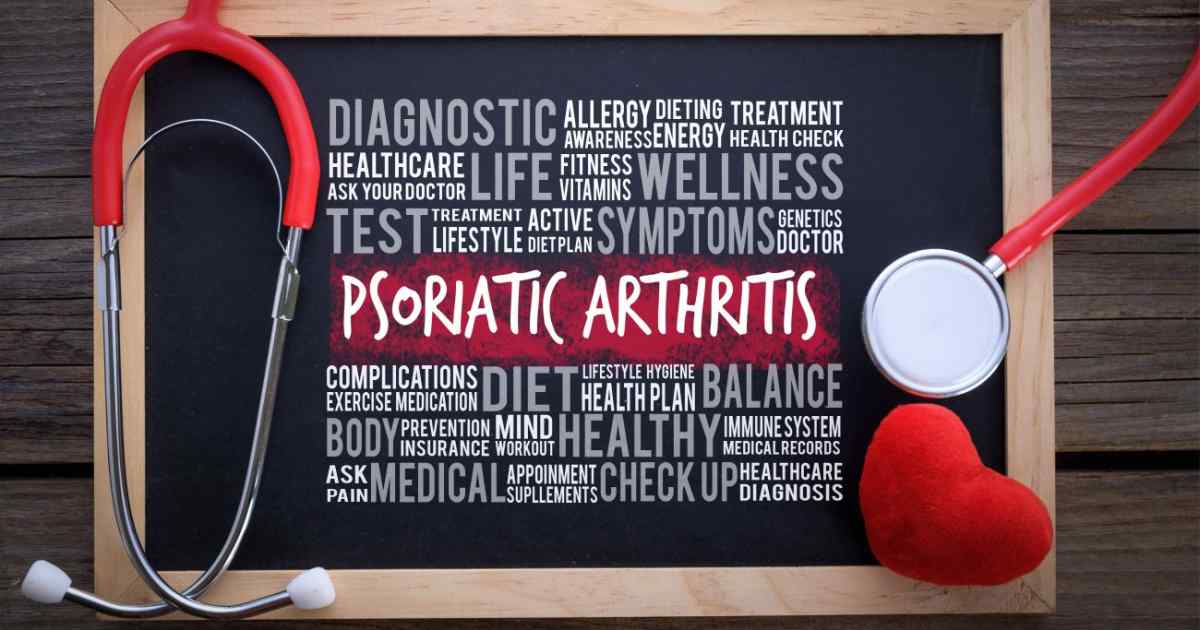It may be surprising that a skin condition and a joint condition are connected, but they are. Like psoriasis, psoriatic arthritis is also an autoimmune disease. Start a search today to learn everything you need to know about psoriasis and arthritis.
Although some believe that psoriasis is just a skin disease, it goes much deeper than that. Many people with the condition go on to develop psoriatic arthritis. These conditions are called psoriatic disease.
Environment
The causes of both psoriatic arthritis and psoriasis are not yet fully known. However, they’re both thought to have environmental causes. Scientists believe that a viral or bacterial infection may trigger either condition. Streptococcus infection, specifically, has been linked to psoriasis. There are many complex mechanisms by which this may occur. For example, a pathogen may have elements that resemble the self, and the immune system may become confused when infected and mistakenly attack the body. Stress, certain medications and injuries may also exacerbate both conditions, causing flare-ups.
Genes
Both psoriasis and psoriatic arthritis are highly heritable, as indicated by twin and family studies. In fact, about 30% of patients with psoriasis have a family member that also has the condition. Psoriasis and psoriatic arthritis are also both the result of an interaction between genes and the environment. The genes associated with these conditions are complex as more than one gene is involved in each. In total, scientists have now identified about 25 genetic variants that predispose a person to psoriatic disease.
Inflammation
Inflammation is a part of both psoriasis and psoriatic arthritis. You might think that inflammation is a good thing—and it is, but only in certain cases. When a foreign substance enters our body, the body’s immune system (particularly white blood cells called T cells) reacts by producing an inflammatory response to get rid of it. However, there may be times when the immune system reacts inappropriately by producing too strong of a response or a response to a substance that isn’t dangerous. An overactive inflammatory response to the body’s own tissues is responsible for the symptoms of swelling, itchiness, redness and joint pain associated with psoriatic disease.
In psoriasis, inflammation causes skin cells to shed at ten times its regular rate. In psoriatic arthritis, inflammation causes the joints to swell, leading to pain and discomfort.
Clinical presentation
Individuals with psoriatic arthritis have inflamed, scaly skin just as do those with psoriasis. They may also have nail changes such as discoloration or abnormal nail growth. However, these individuals also have symptoms related to the joint. Interestingly, there’s no connection between the location of the skin lesions and which joints are affected.
Treatments
Since both conditions are autoimmune diseases and share clinical symptoms, the same medications can work to treat them. Typically, drugs that suppress the immune system are given to help with these conditions. Corticosteroids are one of the first things given to treat psoriasis or psoriatic arthritis. They help to reduce the inflammation associated with itching and swelling in psoriasis and psoriatic arthritis, respectively.
For individuals with severe psoriasis or psoriatic arthritis, disease-modifying anti-rheumatic drugs (DMARDs) such as methotrexate may be given. This drug helps with autoimmune conditions since it causes a reduction in the immune cells responsible for inflammation. It additionally helps with psoriasis by reducing the production of skin cells. Unfortunately, autoimmune diseases are tricky to deal with, since treating them would compromise our body’s natural line of defense. So, as of now, there are no cures for either psoriasis or psoriatic arthritis but the treatments available allow patients to lead a relatively normal life.
